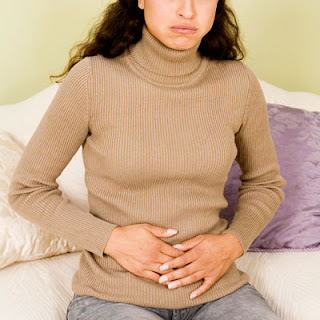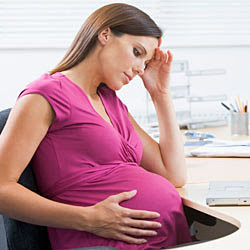Today on the Constipation Remedies For Adults blog, we wil be discussing how to prevent and treat constipation.
The best strategy for preventing and treating constipation is a combination of the following:
- Adequate intake of daily fluids
- Regular exercise – several times per week
- A diet that is high in fiber
- Occasional use of laxatives when needed
Special attention should be paid to the above precautions when a person has been prescribed a medication that is known to cause constipation.
Fruits, vegetables and bran are all excellent sources of fiber. Some people find that fiber supplements work well for them. Special care should be taken when using a fiber supplement to drink a generous amount of fluids along with the supplement. The supplement will not work well without the accompanying liquids.
Laxatives To Treat and Prevent Constipation
Many people use laxatives on a regular basis to treat or help prevent their constipation. Care should be taken not to use laxatives too frequently, because your body can become dependent on them, and you should not have to rely on a laxative to have a regular bowel movement. Some laxatives are safe for long term use. You should consult your doctor if you are using laxatives on a more than occasional basis.
There are several different types of laxatives, and they all work differently. In this article, we will cover:
- Bulking Agents
- Stool Softeners
- Osmotic Agents
- Stimulant Laxatives
Bulking Agents For Constipation
Bulking agents work to relieve constipation by adding bulk to the stool. The bulkier stools stimulate the intestines to move the stool along more easily, and bulkier stools are easier to pass. Use of bulking agents is probably the gentlest and safest way to treat and prevent constipation. Bran and psyllium are well-known bulking agents, while the fiber in fruits and vegetables will also do a good job of adding bulk to the stool. Bulking agents should be taken in small amounts at first and gradually increased until regularity is achieved. Plenty of fluids should always be consumed while taking bulking agents.
Stool Softeners
Stool softeners work by increasing the amount of water that your stool can hold. They also help to smooth the surface of the stool. The increase in water makes the stool bulkier, which stimulates the intestines to move the stool along, and the smoother surface makes the stool easier to pass. Softeners can sometimes result in very soft or runny stools. Softeners are particularly helpful for people who must avoid straining. Typically, people with hemorrhoids and people who have had recent surgery get very good results with stool softeners.
Osmotic Agents
Osmotic agents work by pulling a large amount of water into the large intestine. This stretches the walls of the intestine, which makes it easier to pass the stools. It also stimulates contractions, which help the intestines move the stools through. The added fluid also makes the stool soft and loose, making elimination even easier. Unlike some of the other treatments listed here, osmotic agents do not come without side effects. Magnesium and phosphates contained in some osmotic agents can be absorbed into the bloodstream. This can be harmful to people with kidney problems, so you should always consult a doctor and know exactly what ingredients are in any osmotic agent you choose to use.
Stimulant Laxatives
Stimulant laxatives are the harshest form of treatment for constipation, and must be used with care. Most contain irritants such as senna and cascara, which stimulate the large intestine to cause contractions. These contractions move the stool through the intestine quickly, but can also cause cramping. Stimulant laxatives work quickly – six to eight hours when taken by mouth, and fifteen to sixty minutes when taken by suppository. Prolonged use can cause damage to the large intestine, and can also result in Lazy Bowel Syndrome, a condition where the large intestine becomes dependent on a laxative to function properly. For these reasons, stimulant laxatives should only be taken on occasion, and not for an extended period of time.
Should You Use an Enema to Treat Constipation?
An enema is a procedure which involves flushing the lower part of the large intestine with fluid to aid in the elimination of stools. Small volume enemas are administered with a plastic squeeze bottle or a reusable squeeze ball device with a nozzle attached. In situations where a small volume enema is not sufficient, such as in elderly patients whose lower bowls have stretched over time, a larger volume enema may be administered with an enema bag.
The best fluid to use in an enema is plain water, which should be room temperature or slightly warm – never cold or hot. The enema should be introduced to the bowel gently, never forcibly, in volumes of 5 to 10 fluid ounces. The water will be held briefly, then expelled, washing the stool out along with it.
Many people recommend adding salts or phosphates to the enema solution, however, no benefit has been found in doing this. The same is true for adding mineral oil to the enema solution – again, plain water is best.
The addition of a small amount of detergent soap the an enema will have a stimulant effect on the bowel, and may help the enema to work a bit better, but like most stimulants, this may also cause cramping.
Labels:
Women Constipation

















